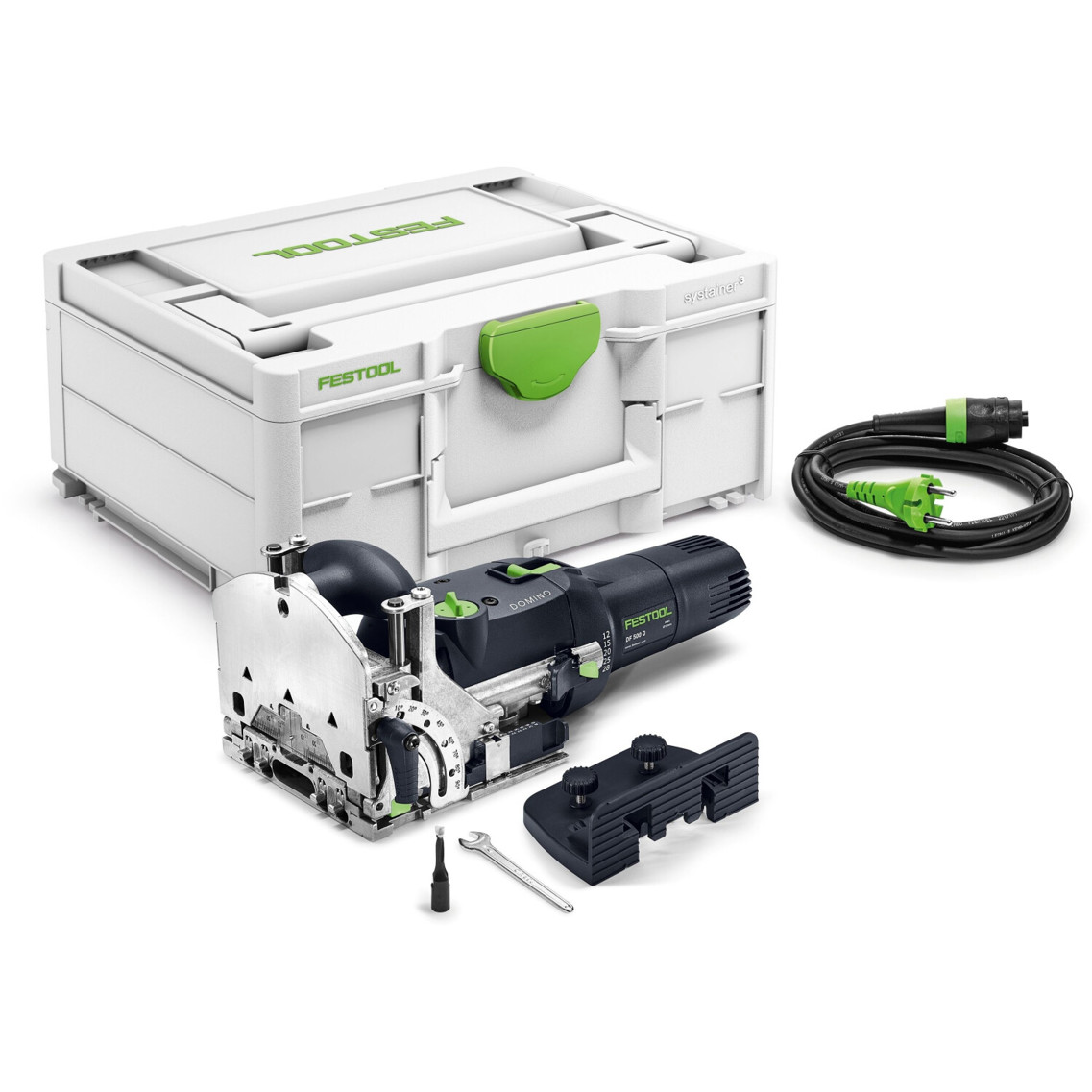Unexpected Business Strategies For Business That Aided Router Comparis…
페이지 정보

본문
Router Comparison: Choosing the Right Router for Your Needs
In a progressively digital world, having a reputable and efficient web connection is necessary for both personal and professional activities. The foundation of any web connection is the router, a device that directs network traffic and makes sure the stability of your online presence. With a many number of routers offered in the market, selecting the best one can be a daunting task. This blog post aims to offer a detailed comparison of various routers, analyzing their functions, performance, and viability for various needs.
Comprehending Router Types
Before diving into the comparison, it's vital to comprehend various router types readily available today:
Single-band Routers: These routers run on one frequency band (2.4 GHz), making them appropriate for basic web usage such as web surfing and email.
Dual-band Routers: Supporting both 2.4 GHz and 5GHz frequency bands, these routers offer greater flexibility and faster speeds, accommodating a larger variety of activities like streaming and video gaming.
Tri-band Profi Werkzeug Akku Maschinen Set 18v Abrichthobel Maschine Kaufen, Www.multichain.com, Routers: Featuring one 2.4 GHz band and 2 5GHz bands, these routers are ideal for high-traffic environments like large families or offices with multiple devices linked concurrently.
Fit Together Wi-Fi Systems: Dickenhobel Testsieger, https://postheaven.net/judgedoctor63/The-Most-powerful-sources-of-Inspiration-of-tool-combination-set-price, A network of nodes that provide smooth protection throughout large areas. They are ideal for removing dead zones and ensuring a steady connection in multi-story homes.
Secret Router Features
When comparing routers, numerous important features need to be thought about:
Speed: Measured in Mbps (Megabits per second), router speed figures out how quickly data can be transmitted. Look for routers that offer greater speed specifications for much better performance.
Range: The coverage area is vital. A router needs to supply sufficient range to cover your whole living area.
Security Features: Look for Oberfräse Mit Führungsschiene Und Frästisch Im Set Kaufen routers with innovative security protocols (WPA3), integrated firewall programs, and malware defense to secure your network.
Number of Ports: Consider how many devices you desire to link straight. More Ethernet ports can offer quicker connections for desktops or video gaming consoles.
User Interface and Management: A friendly user interface can make setting up and handling your router simpler, while mobile apps can improve ease of use.
Router Comparison Table
To assist in an informed choice, here's a comparison of some popular routers across various features:
| Router Model | Type | Speed (Mbps) | Range | Security Features | Price (Approx.) |
|---|---|---|---|---|---|
| TP-Link Archer A7 | Dual-band | 1750 | 2,500 sq ft | WPA2, Guest Network | ₤ 60 |
| Netgear Nighthawk AX12 | Tri-band | 4804 | 3,500 sq feet | WPA3, Smart Connect | ₤ 500 |
| ASUS RT-AX88U | Dual-band | 6000 | 3,000 sq ft | WPA3, AiProtection | ₤ 300 |
| Google Nest Wi-Fi | Fit together | 2200 | 4,400 sq ft | WPA3, Regular Updates | ₤ 270 |
| Linksys EA8300 | Tri-band | 4000 | 3,000 sq ft | WPA2, Guest Access | ₤ 250 |
Benefits and drawbacks of Different Router Types
Single-band Routers
Pros:
- Generally more budget-friendly.
- Simpleness in setup and usage.
Cons:
- Limited to standard jobs.
- Blockage in congested locations can result in poor efficiency.
Dual-band Routers
Pros:
- Better speed and decreased disturbance.
- Suitable for moderate gaming and streaming.
Cons:
- Can become overloaded in high-traffic locations.
Tri-band Routers
Pros:
- Optimal for large homes or workplaces with many devices.
- Outstanding efficiency for gaming and heavy media intake.
Cons:
- Higher price point.
- Might be more complicated to configure.
Mesh Wi-Fi Systems
Pros:
- Eliminates dead zones and offers smooth coverage.
- Scalable; easily include nodes to expand protection.
Cons:
- Generally more pricey.
- Can require more initial setup.
Frequently Asked Questions (FAQs)
1. What speed do I require in a router?
Identifying the speed you need depends on your internet use. For casual browsing and emailing, speeds of 25-50 Mbps are sufficient. For streaming HD videos and online video gaming, go for 100 Mbps or higher.
2. Is a tri-band router worth the price?
For homes with numerous gadgets or a high demand for synchronised connections, a tri-band router can significantly improve efficiency and connection, making it worth the investment.
3. What is the difference in between Wi-Fi 5 and Wi-Fi 6?
Wi-Fi 6 (802.11 ax) uses improved speeds, much better performance, and enhanced capacity for several devices over Wi-Fi 5 (802.11 ac). If you have many devices or require the most recent innovation, WI-Fi 6 is a robust choice.
4. Can I utilize a router with my existing modem?
Yes, many routers work with existing modems. Guarantee that your modem and router can collaborate by examining their specifications.
5. How frequently should I replace my router?
Generally, routers need to be changed every 3-5 years, or whenever your web speed requirements increase or you experience bad connectivity regularly.
Selecting the best router is an essential choice that can considerably affect your online experience. By assessing your needs-- whether it's for daily surfing, video gaming, or managing a smart home-- users can narrow down the options from single-band, dual-band, tri-band, to fit together systems. Depending upon individual requirements, such as spending plan, speed, and protection, the right router can vastly improve connection and user complete satisfaction. With the information offered in this post, readers are well-equipped to make an informed choice on the router that finest fits their requirements.

- 이전글부달 부산유흥 부산달리기 【budal14.com】 송도룸싸롱 25.11.27
- 다음글무료농구중계 【지금룰라.COM / 가입코드 9000】 무료농구중계 25.11.27
댓글목록
등록된 댓글이 없습니다.

